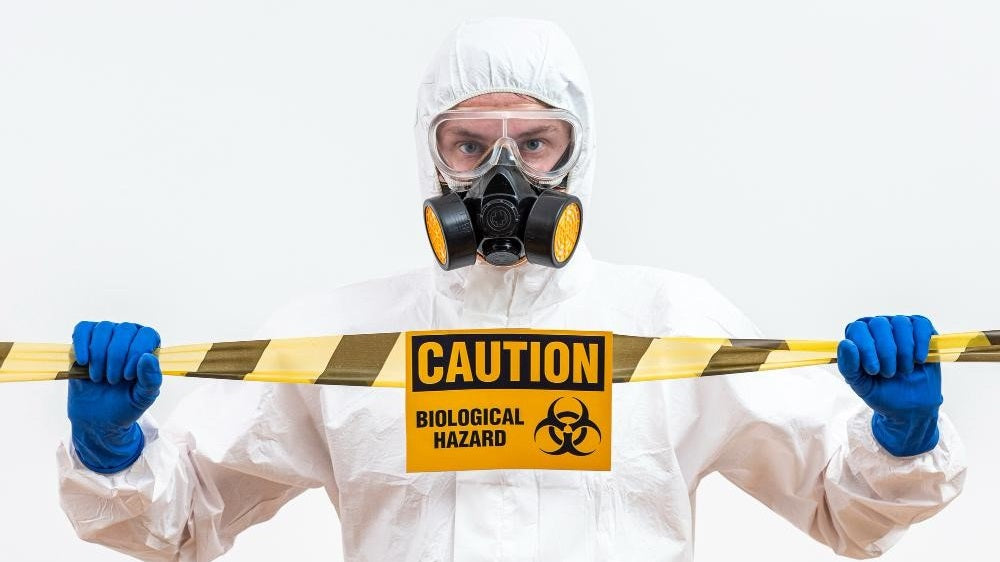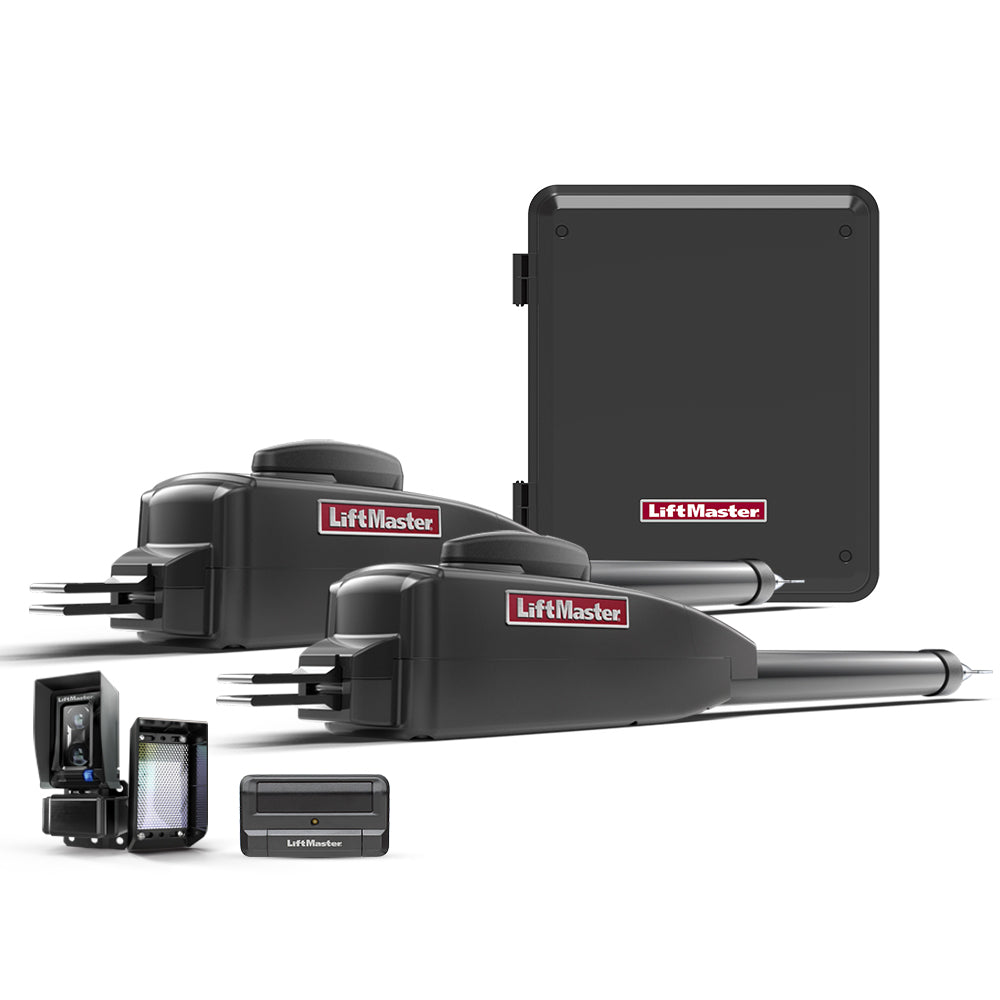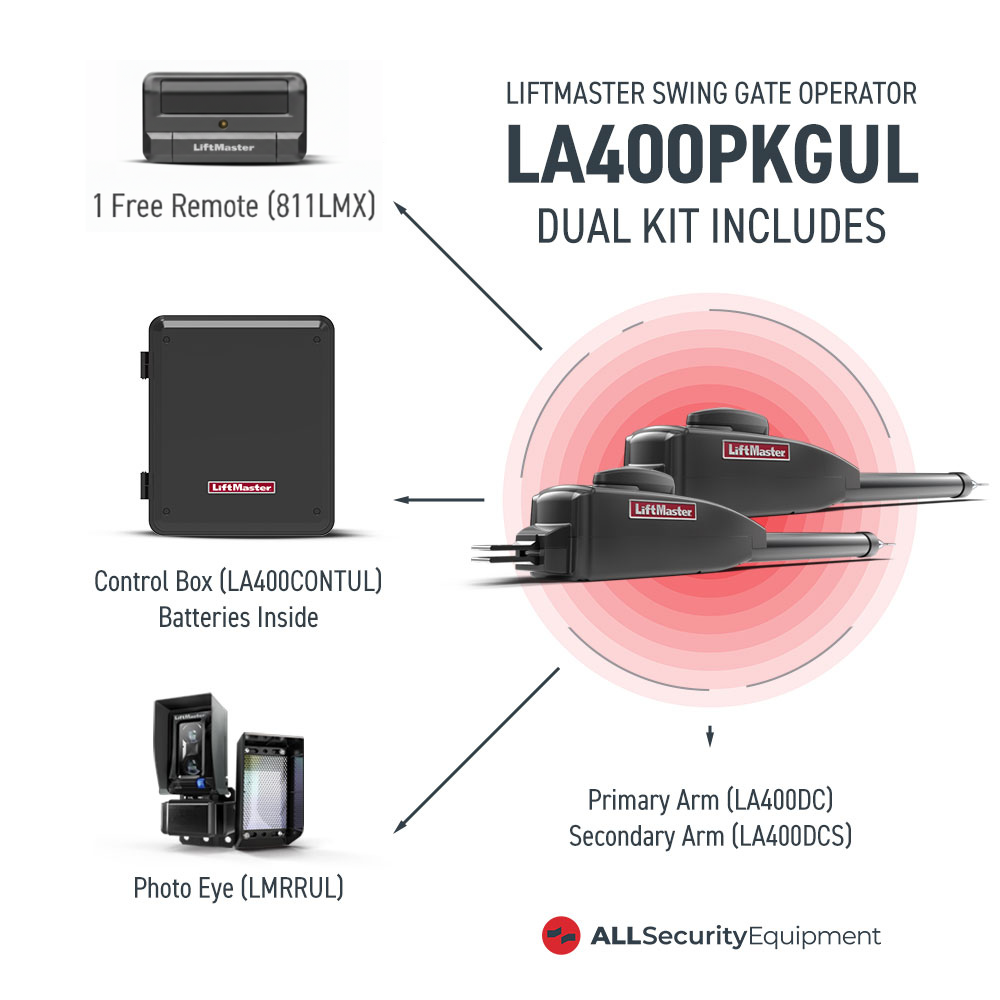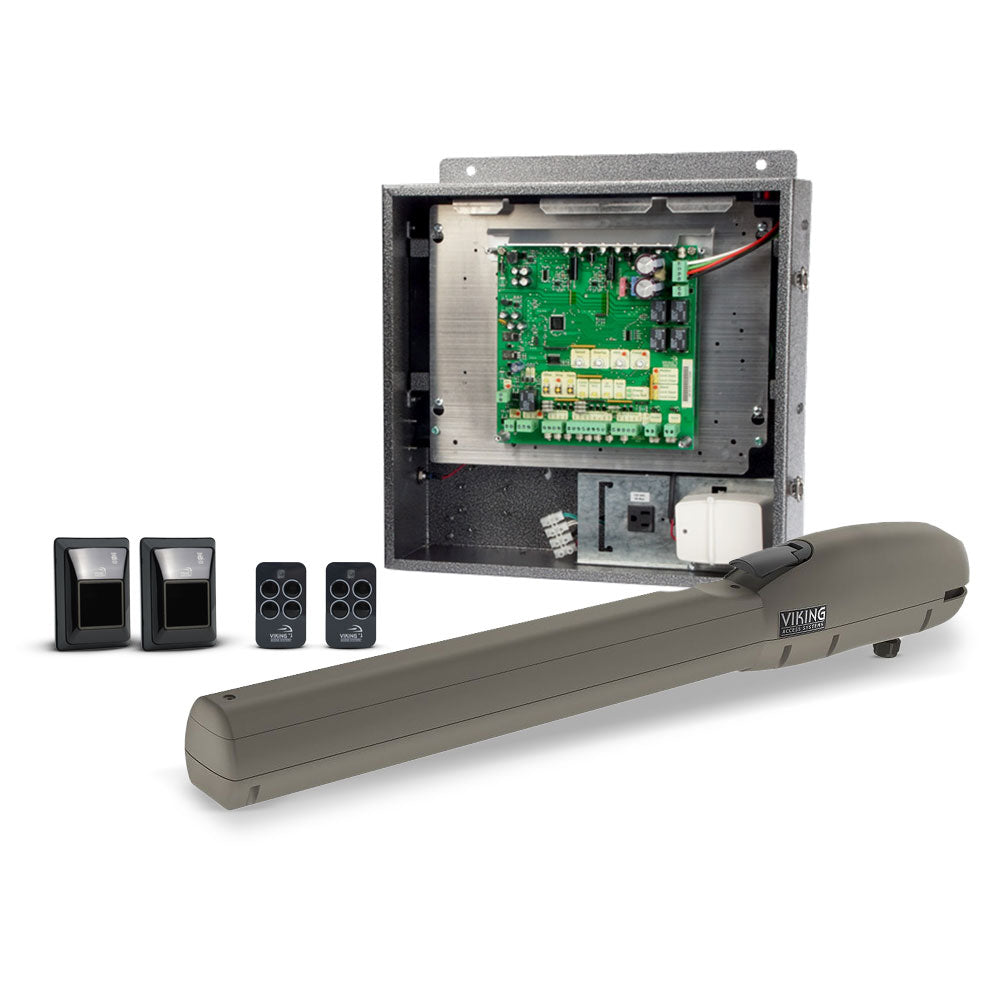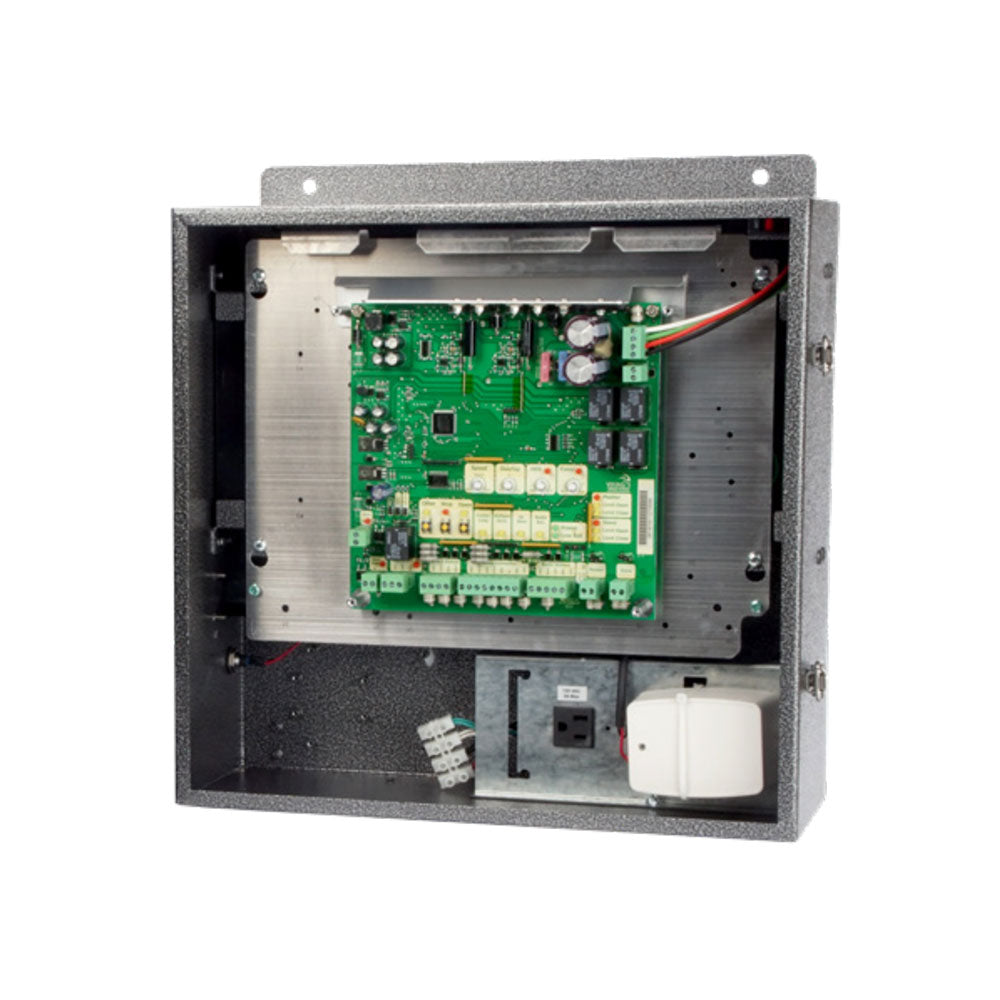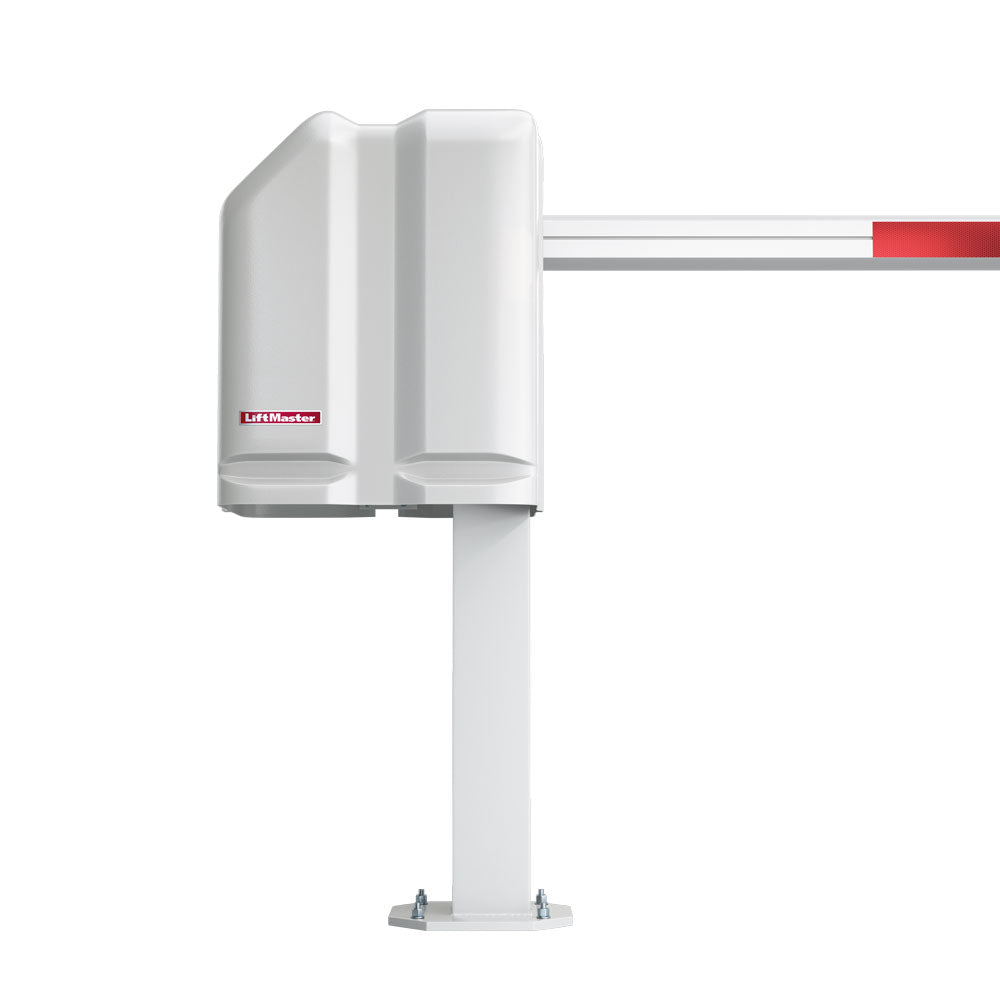Breathing devices like gas masks are indispensable in catastrophic events that involve air pollutants and toxic gases. Each gas mask is equipped with a gas mask filter – often replaceable – that filters out air contaminants for respiratory protection.
The job of the gas mask filter is to prevent inhalation of particles, absorb or adsorb chemicals, or enable chemical reactions to neutralize certain chemical agents.
Low-quality filters may not provide enough protection. So, choose only the reputable brands that undergo testing and certification, like Mira Safety products sold at All Security Equipment.
What Makes up a Gas Filter?
Gas filters are not all the same. They are classified and coded based on a specific type of toxin and compound it can filter. Some gas filters are only useful for dust and particles, while others, like combined filters, may work on particulates, gases, and organic vapors.
A gas mask filter canister is often composed of activated charcoal impregnated with metal salts. It may also have microfiber filter paper with a special filter media layer for dust and particulate protection.
The most common types of gas mask filters are:
- Particle Filter. It is the basic gas mask filter made of Class 16 fiber paper. It has a simple construction and can be used effectively for filtering common toxins.
- Gas Filter. It contains activated carbon and metal salt but may lack the filter media found in a particle fiber.
- Combined Filters. With the combined filters, you will get the protection of both the particle and gas filters for comprehensive protection against a wide range of threats. These are mostly used on escape respirators and for countering riot control agents.
- Special Filter. These are air-purifying respirators designed with materials that provide even deeper respiratory protection. They can be used against radioactive particles, mercury, toxic industrial chemicals, low-boiling organic compounds, tear-producing chemicals, carbon monoxide, mustard gas, biological and other chemical warfare agents.
The Importance of Gas Mask Testing and Certification
Having the right and most functional gas mask and gas mask filter is crucial. That is why these products need rigorous testing and certification before being made available to the public. Different gas mask filters undergo different testing to evaluate their resistance to a particular hazard.
Certifications are important for the following reasons:
Protection
The most basic reason testing is important is to ensure adequate protection of the wearer from airborne hazards. A gas mask must be able to filter out particulates, chemicals, biological agents like viruses, and radiologic contaminants depending on its intended use.
Effectiveness
Certification provides users the assurance that a certain gas mask filter has met the required filtration efficiency level. It also provides proof that it adheres to necessary safety requirements.
Quality Assurance
Testing the gas filter will verify if the material will perform as expected. It ensures that the product is physically durable and meets the demanding situation criteria which it is designed for. Particles like dust and debris tend to accumulate in the filter. Filters with EN143 Standard mean they are excellent in protecting the user against common particle contaminants.
Filter Certification
Gas masks have seen many changes since the First World War until they became the modern-day face respirators and powered air-purifying respirators that we know today. It was mass-produced during the Second World War for military and civilian use.
Former filters were labeled NBC filters for nuclear, biological, and chemical agents. They were outdated by the modern CBRN (chemical, biological, radiological, nuclear) filters. Generally, gas filters are certified by different agencies such as NIOSH, CE, and GOST.
NIOSH
The National Institute for Occupational Safety and Health is the federal agency that checks and certifies American gas masks and filters. The NIOSH CBRN certification is given as a unit, which means it includes both the gas mask and the gas mask filter.
The NIOSH developed the standards for testing CBRN respirators. Each of the gas masks and filters undergo rigorous testing processes to ensure their safety and protection. NIOSH is an optional certification unless the gas mask is to be used for occupational equipment.
CE Certification
The CE (Conformite Européenne) certification is stricter than the NIOSH and is mandatory in gas masks and filters sold in the European Economic Area.
Respirators, gas mask filters, and filter canisters with CE marks indicate their compliance with the EU regulations for product safety. Non-CE masks are prohibited for sale in the European Union, unlike the non-NIOSH filters that can still be sold in the US.
GOST
GOST (Gosudarstvennyy Standart) is similar to Europe’s CE testing standard. It is the Russian standard that is practically a mirror of the CE certification. GOST has its own threading standard for respirators, such as the left-handed threads.
Things to Consider When Buying a Respirator Filter
Keeping a certified gas mask filter is important. During a huge catastrophe, buying these kinds of stuff can become moot. So, keep a few sets handy in case of emergency.
When choosing a gas mask and filter, here are a few things to consider:
Filter Classification and Rating
Gas mask filters are color-coded and may have different ratings, which refer to the type of protection that they offer. Filters are provided with alphanumeric designations and color-coded ratings.
P is meant for particles and is designated by white marking. These can be used against dust, debris, particles, and microorganisms.
They are also available in different rating levels, like P1 for filtering 80% of particles. P2 can stop about 94% of the same particles, while P3 can cut off around 99.95% of airborne particles.
Filter Thread and Fitments
Filter canisters and gas masks may have different standardizations in threading and fitting. Ensure that the gas mask filter will work with a particular respirator for a proper and secure fit.
Shelf Life
Gas mask filters may only be effective at a certain point in time. Filters have an average shelf-life of about 5 to 10 years under conducive storage conditions. Premium filters like the Mira Safety CBRN NBC 77 SOF can last for up to 20 years! Gas mask filters can be pretty confusing to choose if you are unsure of what to get.
If you contact All Security Equipment, our customer service personnel are always ready to help. We can narrow down the options so you can decide on the right product that best suits your budget.

